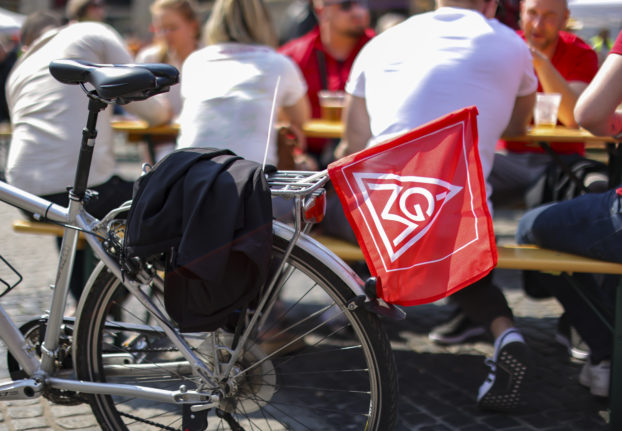“Volvo Car Corporation has today signed a unique agreement with the local unions which most probably means that the company can avoid further employee separations,” the Ford-owned car maker said in a statement.
“The agreement means that all employees – both white collars and blue collars – will contribute to lowering personnel costs in the company during 2009 through, for example, postponed salary revisions,” it added.
Volvo stressed that “the cost savings also include the company’s top management,” pointing out that 40 executives had accepted a five-percent pay-cut between April and December.
The company also said no bonuses would be paid this year or next.
“We are in an extreme situation with a continuing weak global market for new cars, especially in the United States and Sweden, and we need to take action to further reduce our costs,” Volvo Car CEO Stephen Odell said in the statement.
Volvo Cars, which was purchased by Ford in 1999 and which counts nearly 20,000 employees worldwide – 15,000 of whom work in Sweden – announced last years plans to slash more than 4,600 jobs.
The Swedish car maker was on Thursday waiting for word on whether it would receive a massive loan from the European Investment Bank (EIB).


 Please whitelist us to continue reading.
Please whitelist us to continue reading.